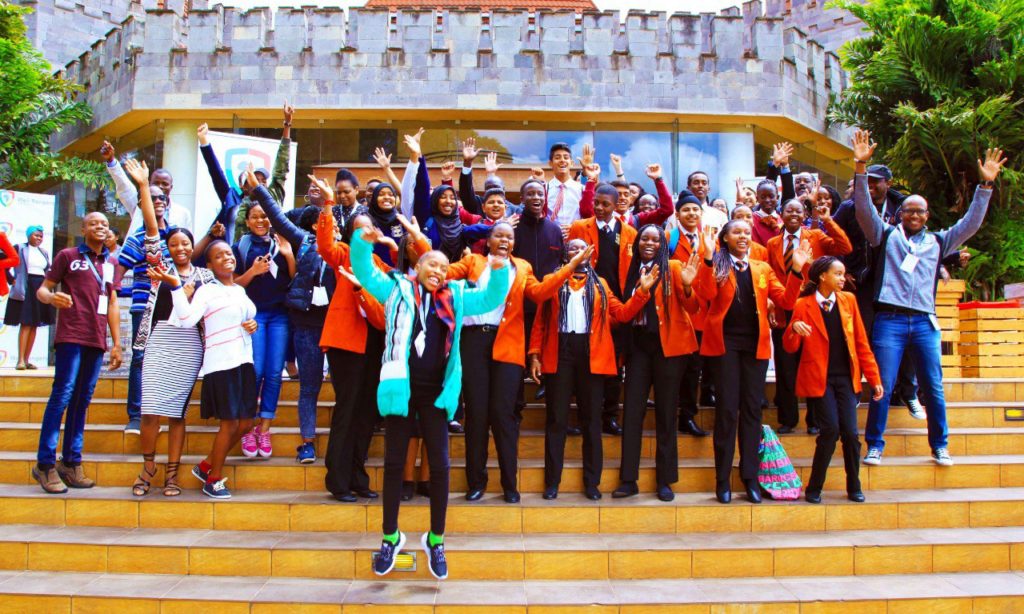The Web Rangers Summit is coming to Africa for the first and it will be hosted in the East African country of Kenya. The summit is aimed at spreading awareness about internet safety and promoting responsible digital citizenship Africa.
Doron Avni who is the Google regional Director of Public Policy said stakeholders need to work together to mitigate the unintended negative aspects of the internet on children, while at the same time maximise the benefits they can accrue from it.
At least 26 Web Rangers from Nigeria, South Africa and Kenya will be attending the summit to share ideas on how they can make the Internet a safer place for young internet users in their respective countries.
Avni further stressed that, “The Internet can aid children with their school work, help them connect with friends, and offer a creative outlet. At the same time, children have been exposed to some of the worst forms of exploitation, violence and abuse online.”
See Also: Amazon Becomes Second U.S. Company to Reach $1 trillion
At the tech summit, participants will learn how to tackle real-life policy issues – focusing on cyberbullying, sexting, sharing personal information online and catfishing.
Also, boot camp on how to make campaign videos for online audiences topics such as diversity and inclusion, trust, tolerance and responsibility will be discussed.
About Web Rangers Summit
Web Rangers is a Google-led digital literacy programme aimed at promoting and educating the youth about how the internet is an empowering tool relevant to their lives and their future.
The programme provides workshops run by local online safety experts to help train young people. These young online safety ‘ambassadors’ then run campaigns amongst their peers, schools and communities to raise awareness of online safety.
Background
Started in Israel in 2011, Web Rangers has since grown to 15 countries around the world. In Africa, Web Rangers is active in Kenya, South Africa and Nigeria.
The programme has been implemented in over 176 schools across Kenya, directly trained 3,500 students and 1,500 teachers; and indirectly (through peer training) reached over 30,000 students.
